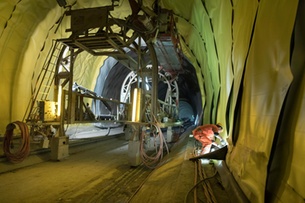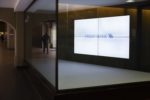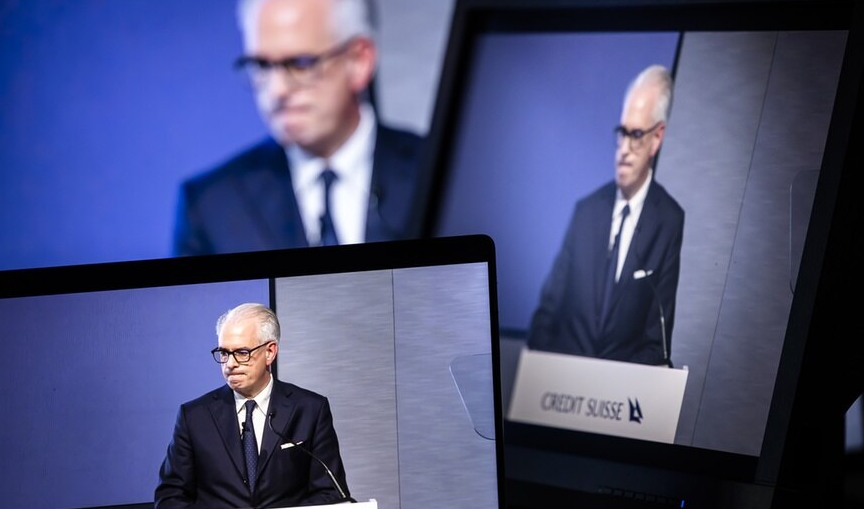Too many students turn their backs on engineering thinking it is a career for “nerds”, according to a leading Swiss business lobbyist. Changing this perception is key to plugging an expected shortfall of 50,000 engineering professionals in Switzerland.
The proportion of engineers in the workforce practically doubled from 1.4% to 2.6% between 2000 and 2014, according to the Swiss Business Federation, economiesuisse. But for several years, Swiss industrial leaders have complained that universities are still not producing home-grown engineers fast enough to meet rising demand.
Economists predict this mismatch between supply and demand could leave 50,000 vital engineering posts unfilled 30 years from now.
A recent survey of 3,300 engineers, conducted by economiesuisse and industry lobby group Swiss Engineering, appears to confirm these fears. Some 58% of respondents said it was difficult to find new recruits, while another 30% reported it was “very difficult” to fill vacant posts. Two-thirds said the main sticking point is a lack of local talent. Engineering has the third highest proportion of foreign workers (37%) of any Swiss sector.
The engineering industry has already recognized that it needs to attract more students into industrial careers to ensure a sustainable supply of new talent. But the survey found alarming differences in perceptions and expectations between workers and employers.
When asked about the qualities needed to work in engineering, employers placed far greater importance on social skills, such as teamwork and the ability to network, than employees. Even worse, engineering has a higher attrition rate of workers than many other sectors. Around a third of workers move on to different careers.
According to the survey, the biggest factor for people opting out of the engineering is a lack of career development opportunities. In short, too many employees find engineering a dead end job for comfort.
Poor perception
Rudolf Minsch, chief economist of economiesuisse, believes this betrays a common perception that engineering is a boring profession for “nerds”. “In fact, some of the most innovative people in the Swiss workforce are engineers,” he told a press conference on Monday.
Stefan Arquint, chief executive officer of Swiss Engineering, agreed that the industry needed to better promote a more positive image in schools and universities. The digital and robotics revolution has moved the job on from scrabbling around in the oil clutching a spanner.
“People need to realise that engineers make a real difference in society,” he told swissinfo.ch. “This is more true today than ever, given the boom in clean energy and environmental technologies and the challenges of designing new cities to live in.”
Another mismatch thrown up by the employer-worker survey was the importance of higher qualifications and job experience. Employers placed twice as much emphasis on experienced workers with specialist post-graduate degrees than people who are looking for new jobs.
Arquint believes that shrinking margins, partly caused by the strong franc, have raised companies’ expectations of employees – especially new recruits. He also acknowledged that some firms could be more imaginative about on-the-job training to prolong careers.
Presenting the findings of the survey on Monday, economiesuisse praised certain political efforts to boost science and technology courses in Swiss universities, but warned that more needed to be done to ensure a constant supply of good teachers in future.
swissinfo.chFull story here Are you the author? Previous post See more for Next post
Tags: Business,newslettersent










































